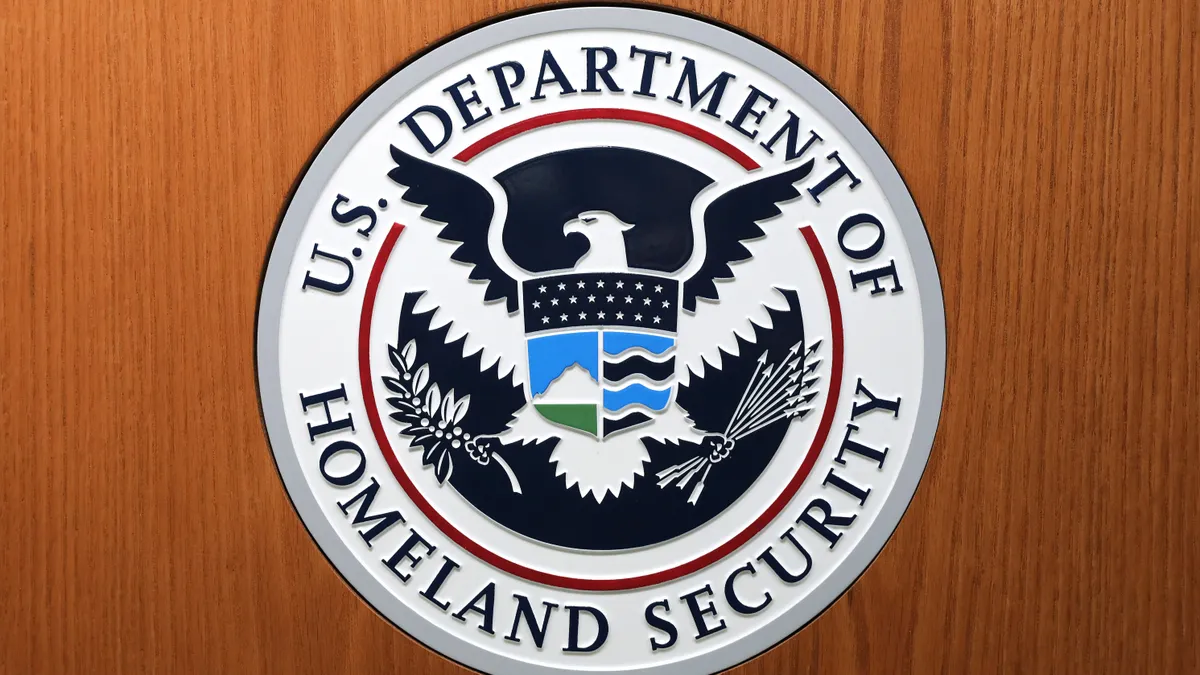A bill proposed Wednesday by six Republican senators would require all employers to use the U.S. Department of Homeland Security’s E-Verify program to authorize employment eligibility and would increase the national minimum wage from $7.25 an hour to $11.
Titled the Higher Wages for American Workers Act, the bill proposes a phased expansion of E-Verify that would require large employers with 10,000 or more employees to use E-Verify for all hires beginning six months from the date of enactment. Smaller employers would be categorized based on the size of their workforces, and each category would have a corresponding deadline to begin using E-Verify.
For example, those with between 500 and 9,999 employees would be required to begin using E-Verify for all hires beginning nine months after enactment. The timeframe is expanded to one year for employers with between 20 and 499 employees and to 18 months after enactment for all other employers. Employers that begin operations after the bill’s enactment would have one year to comply.
The bill also would increase penalties for employers that employ unauthorized workers and would permit DHS and the Social Security Administration to establish a self-verification process through which individuals may verify their employment eligibility.
In a statement, co-sponsors Mitt Romney, R-Utah, and Tom Cotton, R-Ark., said the measures are intended to address illegal immigration. The pair introduced a similar bill in 2021 that failed to advance.
“Our proposal would raise wages for millions of workers without risking jobs, and tether the wage to inflation to ensure it keeps up with rising costs,” Romney said. “Additionally, requiring employers to use E-Verify would ensure that the wage increase goes to legal workers, which would protect American jobs and eliminate a key driver of illegal immigration.”
Previously, DHS announced the authorization of permanent remote Form I-9 review for E-Verify users in July. The agency later proposed a similar pilot program that would permit employers that don’t participate in E-Verify to examine Form I-9 documentation remotely.
The bill’s minimum wage increase provisions would be similarly implemented in a phased manner. The federal hourly minimum wage would be increased to $8 on the effective date, followed by increments of less than $1 each year until reaching $11 four years after the effective date. Thereafter, the minimum wage would be indexed to inflation every two years.
Small businesses would follow a separate, more gradual minimum wage increase schedule. Instead of $8, the hourly minimum on the bill’s effective date would be set at $7.75 for employers with fewer than 20 employees. It would reach $10.25 an hour five years after the effective date. Six years after the effective date, small businesses would need to comply with the same federal minimum wage as all other employers.
The bill would similarly increase the Fair Labor Standards Act’s youth minimum wage incrementally from $4.25 an hour to $6 an hour four years from the effective date and similarly index the youth minimum to inflation thereafter.
The Republicans’ proposal falls short of the minimum wage increases proposed by Democratic lawmakers as well as those adopted by state and local governments. In 2021, a group of Democrats proposed the Raise the Wage Act, which would have increased the federal minimum to $15 per hour by 2025. Multiple states have passed laws that will increase their minimum wages in time, including Hawaii, where the minimum wage is set to reach $18 an hour by 2028.
The 2021 GOP proposal was criticized by advocacy groups including the progressive think tank Economic Policy Institute, which said the 2021 bill’s minimum wage provisions — which would have raised the hourly minimum to $10 by 2025 — “fails to address the problem of low pay in the U.S. economy.”
EPI researchers also criticized the 2021 bill’s mandated E-Verify provision, writing that the mandate “will push millions of working people into the informal economy, degrading wages and working conditions and undermining the freedom of association and ability of workers to join together to improve labor standards for all.”













